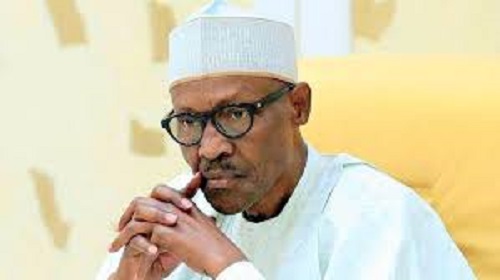President Mohammadu Buhari
The Nigerian government is proposing to sell or concession no fewer than 36 of its properties to raise funds, largely to finance the 2021 budget.
These properties cut across energy, industries, communication and infrastructural sectors.
They are expected to be sold or concessioned between January 2021 and November 2022.
A document was submitted to the National Assembly by the Executive and titled “NCP Approved 2021 Work Plan.” It shows the names of the “projects” (as described by the document), the sale strategy, the duration of the process as well as the cost of the properties.
Top among these properties are the Abuja Environmental Protection Board (AEPB), the Abuja International Conference Centre (ICC), some unnamed refineries, the Transmission Company of Nigeria (TCN), Abuja Water Board, Nigerian Film Corporation, among others.
The federal government’s decision to sell or concession these properties is to help fund the N13.58 trillion 2021 budget signed by President Muhammadu Buhari on December 31, 2020.
There are however, different sale strategies for the properties. While some are ‘core investor sales’, a few others are for ‘share sales’. Some are for ‘concessioning’ and others for ‘full or partial commercialisation’.
Some properties have been enlisted to be sold to a ‘willing buyer’.
Core investor sale is the transfer of at least 51 per cent ownership, accompanied by management control, in a company from government to new private owners. The core investor, according to the Bureau of Public Enterprise (BPE), may be individuals or firms, Nigerian or foreign, with the money required to buy and operate the company, and the technical and managerial capacity needed to ensure that the company is profitable.
Similarly, a concession is a form of Public-Private Partnership (PPP) where a government-owned asset is being operated and maintained by a private investor for a period of time on terms contained in a concession agreement.
The 36 projects have been categorised into five departments, according to the document; energy with nine projects, industries and communications department with eight projects and development institutions and natural resources with six projects.
Others are infrastructure and public private partnership with four projects and post transaction management department with nine projects.


Comment here